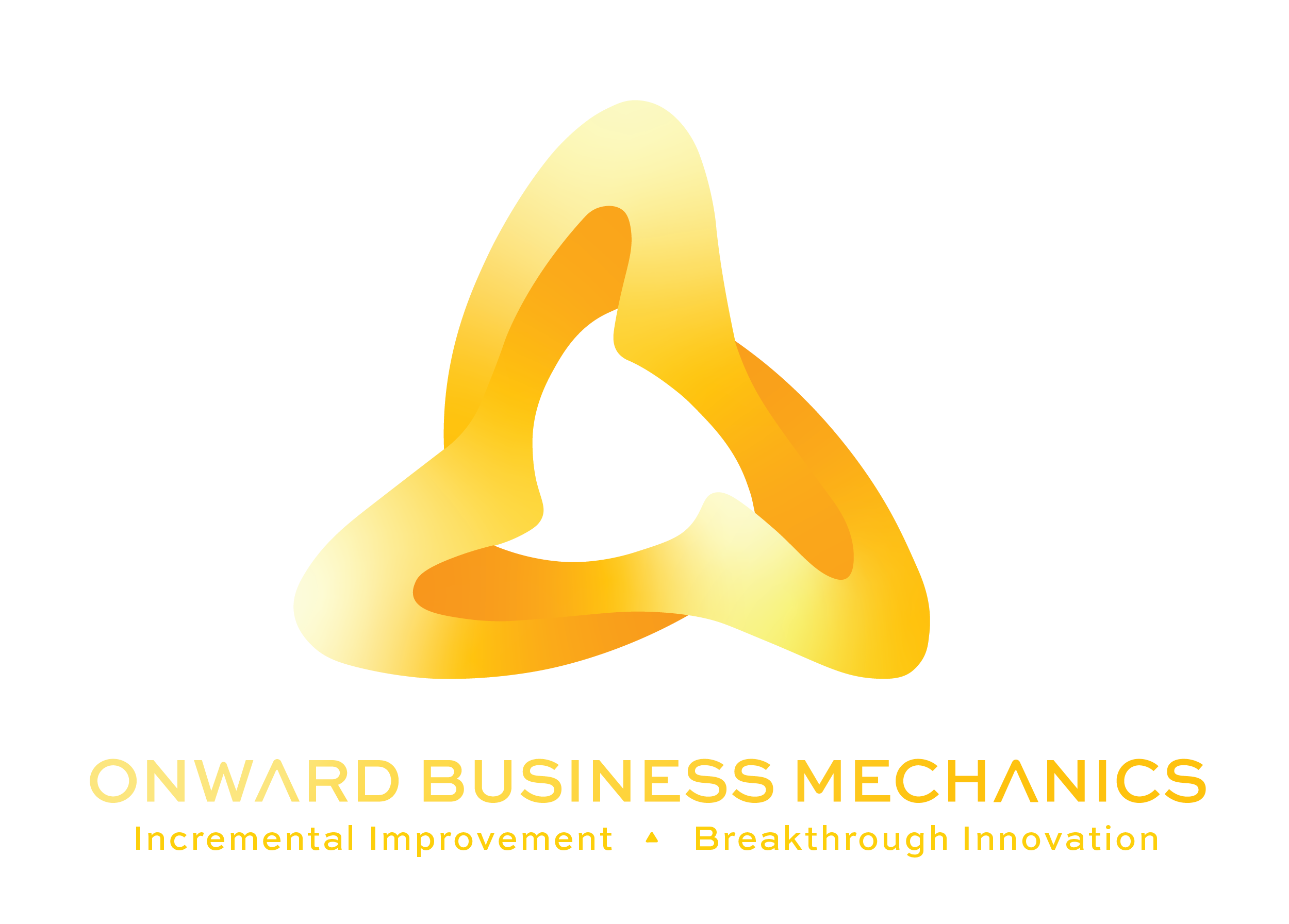So after months off putting off the task, I finally decided to mow my own lawn last week. Anytime I take a task like this (one that many women would leave to the men in their lives!) I feel very independent and powerful. Also, it was a beautiful sunny day.
I won’t lie – I was really enjoying myself! I zipped through the back and side lawns, but unfortunately the grass on my front lawn had grown so tall and thick that it choked my poor electric old mower into submission about halfway through. It just stopped dead.
Undaunted, I flipped the mower over and pulled out the grass jammed between the cover and the blade that had forced the blade to stop moving – just a split second before realizing that I hadn’t disconnected the main power source.
If the blade had started up again on its own once the obstruction had been removed, I would have been very very badly hurt. Without even thinking, I had just placed my right hand – the one I need to do everything in my life – in serious harm’s way!
Whoa! That could have been Really Really Bad!
In that next moment I was so scared – the specific type of useless scared that comes after danger has been averted – and angry with myself. Me that used to teach safety leadership courses! Me that knows exactly how costly a moment’s lapsed attention can be through studying incident reports of industrial accidents! Me that knows all about the importance of errorproofing! How could I have been so stupid and careless?
Now, the lawn mower didn’t roar back to life. Rest its soul, its motor is still dead. I am sad about that. It was my grandfather’s. But very happy I get to keep my hand!
So why I am telling you about this non-event in my life? Why embarrass myself by publicly revealing my carelessness – and risk retro-actively really freaking out my mom? Well, it’s worth talking about because what happened with me and the lawn mower was what we’d call a near miss. Nothing bad happened – but it sure could have.
Forward-thinking leaders in many industries and companies look at near-miss data as a way to help learn from their mistakes before they have had to pay the consequences of a disaster. Statistically, the more near misses there are, the more serious incidents will follow. Many near misses are caused by human mistakes. Each mistake is an opportunity to learn.
Embarrassment turned resolve as risk management tool
Fire rescue, aviation, healthcare and rail industries all have their own confidential Near Miss Reporting registries to share information and lessons learned. People are understandably jittery about sharing information about their mistakes lest they get themselves fired. However in a case where their mistake has had huge consequences, they rarely have a choice.
In the case of near misses, reporting is usually confidential – and optional. By nature of being a non-incident, a near miss is much easier to hide. But sharing near miss information is a crucial first step. Adding in proper root cause analysis and internal communication, everyone in an entire company or even in that entire profession can learn what NOT to do – without having to suffer the pain (and considerably more embarrassment!) of a serious incident.
Often people are too embarrassed to admit that they made a mistake and might just want to forget all about their near miss – but isn’t a little embarrassment worth risking if you can help save someone else from injury or worse? When a company learns from near-misses, instead of waiting for something big and bad to happen, they dramatically increase their ability to prevent that disaster scenario. An organizational culture that encourages employees to speak up about their mistakes, and a system for reporting and sharing learnings from both incidents and non-incidents is a great start.
“The little one that makes sure the big one doesn’t happen”
I remember one winter day ten-ish years ago when a group of friends and I were piled into a car and headed off to Quebec for some skiing. We hadn’t even left Toronto yet when my friend took a corner too narrowly coming out of an underground parking garage, hit a concrete pillar side-on and put a long, deep gash in the back right fender. It was his car. None of us were hurt. It didn’t affect the car’s function at all. Yet our friend was fuming – very angry with himself and probably more than a little embarrassed too. Another friend calmly reassured him with ‘don’t worry buddy – it’s a little one that makes sure the big one doesn’t happen’.
It was the perfect thing to say, and absolutely true – with one important clarification. The ‘little ones’ (the near misses or the less serious incidents) will eventually lead to a ‘big one’ (significant disaster or failure) if the pattern remains unchecked. It’s just statistical law. But if you can absorb the lesson contained in the non-incident and create a shift in the trend, you can successfully prevent ‘the big one’. Instead of being scared or embarrassed by near misses, we can embrace the opportunity they contain by responding with a better plan for next time.
Little (non)-incidents, big implications
The cost of not responding is huge. Think BP oil spill. Think Chernobyl. Think any number of explosions, fires, plane crashes, accidental medical deaths and other unnatural disasters. I am also curious as to whether the mistakes made during the JP Morgan fiasco couldn’t have been predicted based on a leadup sequence of near misses.
Then there are all those smaller near-miss incidents in everyday life you might put out of your mind – that time you were texting while driving and you swerved just in time to miss a pedestrian, or the time you left a candle burning overnight? Or the time you used an unsafe ladder ‘just this once’ to finish a job around the house? What can you do to systematically eliminate these near misses from your own work or home life? What ‘little ones’ has your business been ignoring?
For my part, do you think I will ever stick my hand anywhere near a still-powered blade, even if I jam up my lawn mower twice a year for the next 20 years? No way, not on your life! My internal near-miss retention system (not to mention my limbic/survival system!) is fully engaged – to remind me to heed my Safety Leadership training and be more mindful whenever working with electric machinery.
Pretend it was a disaster (and thank your lucky stars it wasn’t!)
It’s equally true whether it’s a business decisions or something you are doing on your own time: track and respond to less serious incidents – and near misses – with all the care and attention you would give to a significant incident, and you have a valuable opportunity to prevent and learn from potential disaster before it happens. May you get through your whole career without that happening.
What’s your near miss story? I don’t think I am the only one who has one!


